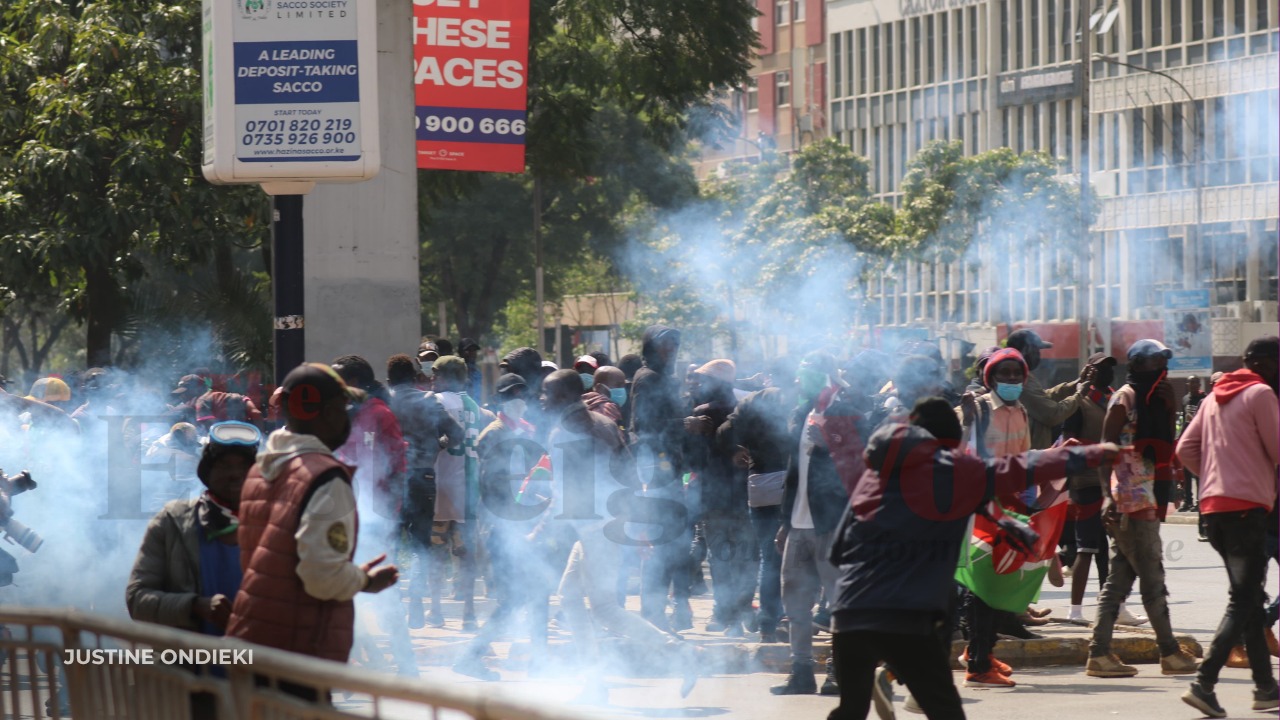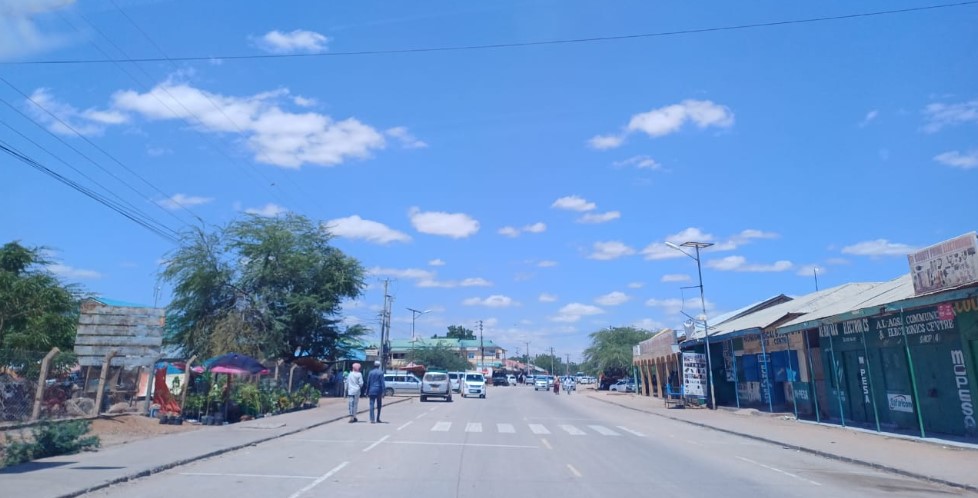Death toll from Tanzania landslides rises to 68

Images broadcast on television showed debris from houses, including furniture, strewn across streets, with key roads, power lines and communication networks disrupted.
The death toll from landslides and flooding triggered by heavy rainfall in northern Tanzania climbed to 68 on Monday, a regional official said, as rescue workers searched for trapped survivors.
Torrential downpours at the weekend washed away vehicles and brought down buildings in the hillside town of Katesh, 300 kilometres (185 miles) north of the capital Dodoma.
More To Read
- Ex-Tanzanian minister January Makamba barred from defending seat ahead of key primaries
- Tanzania bans non-citizens from 15 key business activities to boost local participation
- AfDB powers regional growth with Sh67.7 billion clean energy investment in Tanzania, Rwanda and Zambia
- KHRC: Mwabili Mwagodi was under surveillance prior to abduction in Tanzania
- Vocal Africa piles pressure on Ruto over abduction of Mwabili Mwagodi in Tanzania
- Amnesty calls on Kenya, Tanzania to act following activist Mwabili Mwagodi's disappearance
Images broadcast on television showed debris from houses, including furniture, strewn across streets, with key roads, power lines and communication networks disrupted.
"We have closed our evening with 68 deaths and rescue operations are ongoing," said regional commissioner Queen Sendiga.
Tanzania's Prime Minister Kassim Majaliwa on Monday paid tribute to the victims during a ceremony in Katesh to hand over their remains to their families.
"We believe we will recover more bodies," he said, adding that 116 people were injured in the disaster.
Search and rescue operations were underway with the help of the military as people were feared buried in thick mud.
Local resident Paschal Paulo said everything had been washed away in the market where he worked.
James Gabriel, who also worked at the market, said his relatives were missing and the search was "very stressful".
Esther Bohay said she heard loud noises and saw the streets outside her home turn into a river of mud as the rain swept in.
She managed to escape the deluge with her family.
At least 100 houses were swallowed by the mud and a village with 28 families flattened, said Sendiga.
The disaster has prompted President Samia Suluhu Hassan to cut short her visit to Dubai for the COP28 climate talks.
Tanzania and its East African neighbours Kenya, Somalia and Ethiopia are battling flash floods caused by torrential rains linked to the El Nino weather pattern.
The floods are exacerbating the humanitarian crisis in the region just as it emerges from the worst drought in four decades that left millions hungry.
Other Topics To Read
Between October 1997 and January 1998, widespread flooding caused more than 6,000 deaths in five countries in the region.
Scientists say extreme weather events such as flooding, storms, droughts and wildfires are being made longer, more intense and more frequent by human-induced climate change.
Story by AFP
Top Stories Today













































